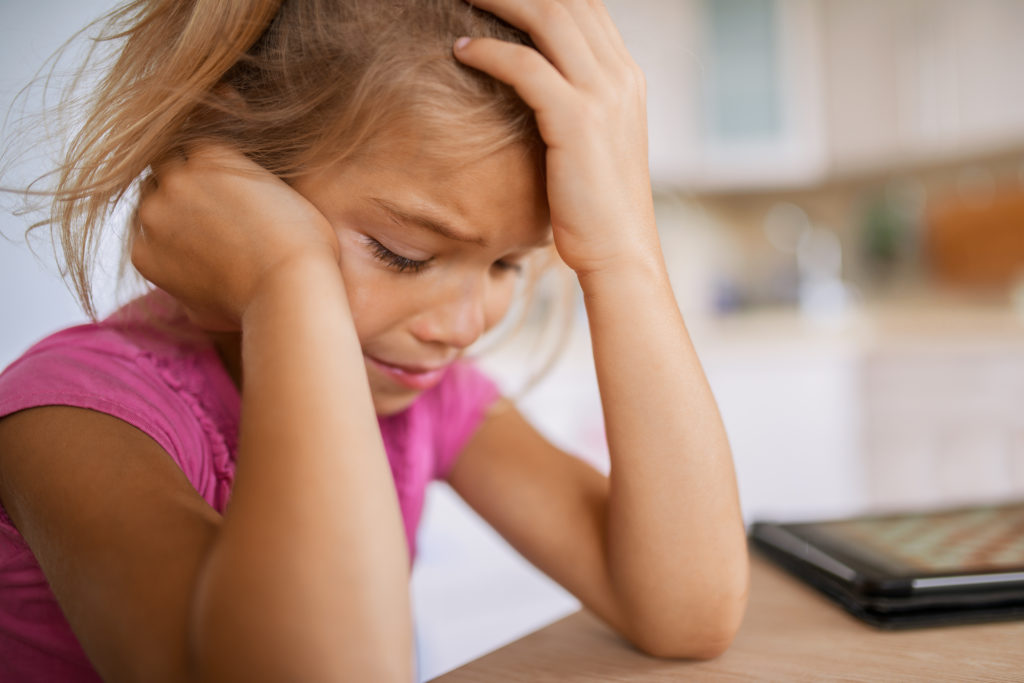Many children experience stress just as much as adults do. Stress can be induced by several things, including school, social life, and family. Prolonged stress can lead to children feeling severe anxiety and distress, affecting their mental health. Parents and guardians need to be able to identify stress in children and understand how to help them manage it. Children who are battling with stress often do not seek help; it is therefore the adult’s responsibility to recognise when children need help to maintain their emotional and psychological well-being.
Causes of Stress in Children
There are multiple contributors to stress that you may not be aware of. Even though childhood is thought to be a carefree period of your life, your child may be facing one of these stressors that is affecting their mental health.
- Academic Pressure: School can be a stressful environment due to the high expectations. Children are often pressured to excel in their academics, making it hard to relax at school. It is challenging when the teachers are considered mean and parents demand high grades.
- Social Challenges: Some children struggle to have a social life due to having little to no friends. Some children experience peer pressure or bullying due to their uniqueness. Others feel inadequate due to consistently making comparisons with what they see on social media.
- Family Dynamics: Stress can stem from financial issues at home or drastic changes like a divorce. Even smaller incidents that cause parents to stress can affect children.
- Traumatic Events: A death in the family, a sick relative, relocating, and witnessing violence are all events that can trigger stress in children.
- Everyday Pressures: Some children may experience stress from situations that may seem like minor challenges. Whether it is performing poorly at a sport or losing their homework, it can take a big toll on their mental health as they are still developing coping mechanisms.

Signs of Stress in Children
Stress can sometimes have subtle signs, but in other instances, it manifests in their behaviours and emotions. Not every child will throw a tantrum or tell you they are stressed. You can keep an eye out for some of these common stress-related symptoms:
- Physical Symptoms: There are several physical symptoms that indicate your child may be stressed. These include stomachaches, headaches, fatigue, irregular appetite and sleep patterns. Stress can also cause nightmares or teeth grinding.
- Emotional Changes: It is common for children to become easily annoyed and have mood swings when they are stressed. Joyful children may also display sadness frequently and withdraw from others.
- Behavioural Shifts: Children often perform poorly in school when they are stressed. This sudden change is due to the underlying issue affecting their ability to focus. They may lose interest and stop participating or throw tantrums.
Helping Children Manage Stress
Stress can affect children’s growth and development. It is essential to help them manage stress effectively, which will help them understand how to navigate difficulties in the future. After identifying the signs, parents and carers can support children by doing the following:
1. Open Communication
- Create a safe environment free from judgement and encourage children to share their thoughts, feelings, and concerns.
- Approach children with questions about how their day went to be sure you are about their daily lives.
2. Model Healthy Coping Mechanisms
- Demonstrate stress-relieving activities in stressful circumstances to encourage your children to mimic these healthy practices. Whether it is counting down, deep breathing, yoga, or going for a walk.
5. Encourage Problem-Solving Skills
- Teach children to approach challenges that are big by breaking them into smaller manageable tasks. Praise their effort and success equally, which will boost their confidence.
8. Seek Professional Help When Needed
- Seek a professional, like a paediatrician or a counsellor, when children continue to show signs of stress despite your efforts.

